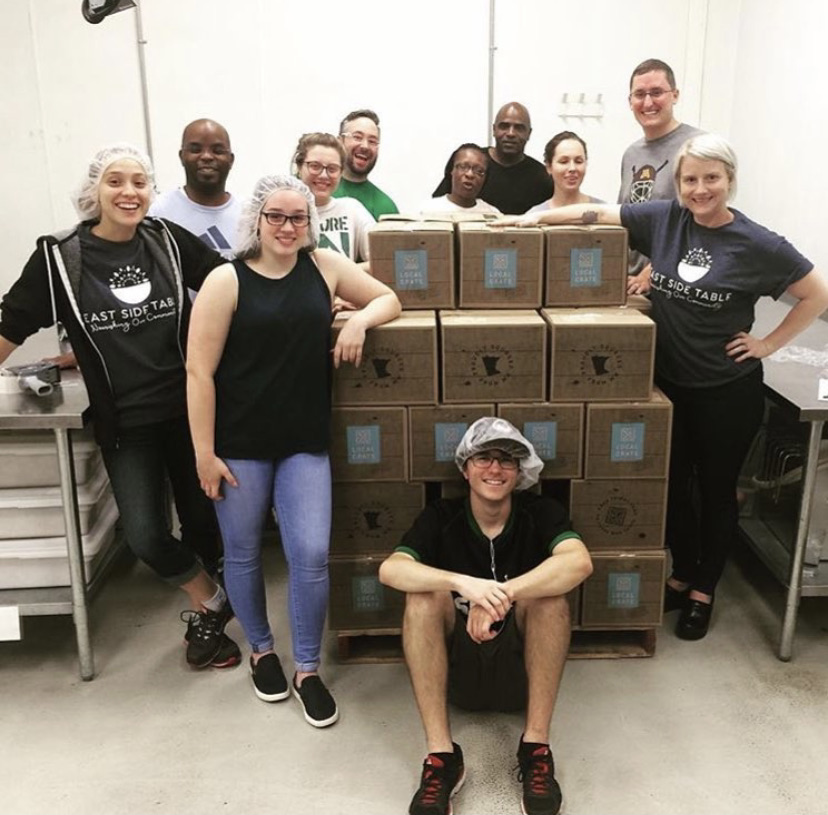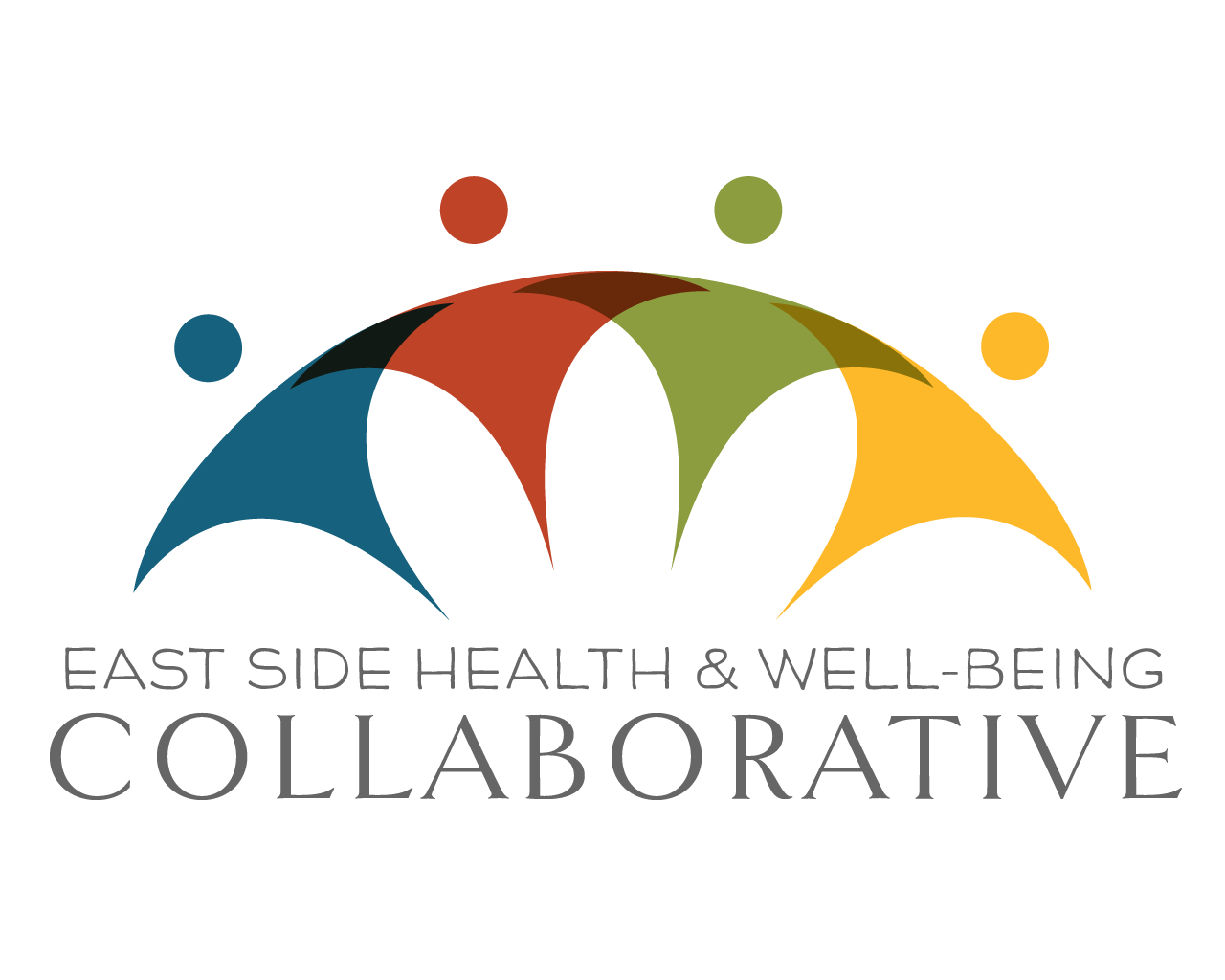Drawing from marketing literature, shopper solutions and food bundles (that group items to be used together) can promote purchase intention, efficacy, and related outcomes. Similarly, meal kits boxes (food bundles with step-by-step instructions to prepare home-cooked meals) have potential to be an accessible intervention to facilitate healthy, at-home food preparation and intake. This manuscript describes the feasibility, acceptability, and preliminary outcomes of a community-designed and -led program promoting healthy food skills, accessi-bility, and intake through meal kits. This pilot study was designed using community-based participatory research principles and 60 participants enrolled in the study. Participating families received a free meal kit weekly during the 10-week program. Meal-kit boxes also included language-appropriate recipe cards, step-by-step instructions, and supplemental educational material including links to videos with related food preparation tips and fact sheets about the meal. Data were collected at baseline, post-program, and follow-up (3 months post-program). Specifically, validated measures were used to assess food insecurity, food availability, cooking preparation techniques, self-efficacy, and fruit/vegetable intake. Process data were also collected. Descriptive statistics, paired t-tests, and Wilcoxon sign-ranked tests were used to describe data and evaluate outcomes. Content analysis was used to code open-ended survey responses into categories. Study findings indicated retention rates were high (≥90%); 83% made eight or more meal kits. At post-program, significant increases were observed in cooking/meal preparation self-efficacy, cooking techniques, and healthy food availability. At follow-up, only healthy food availability remained significantly higher. Findings suggest that meal-kit programs are feasible and acceptable, and there is a potential for these programs to influence factors important to increasing healthy home- cooked meals and dietary intake. Future research should use more rigorous designs and explore meal-kit dosage.

